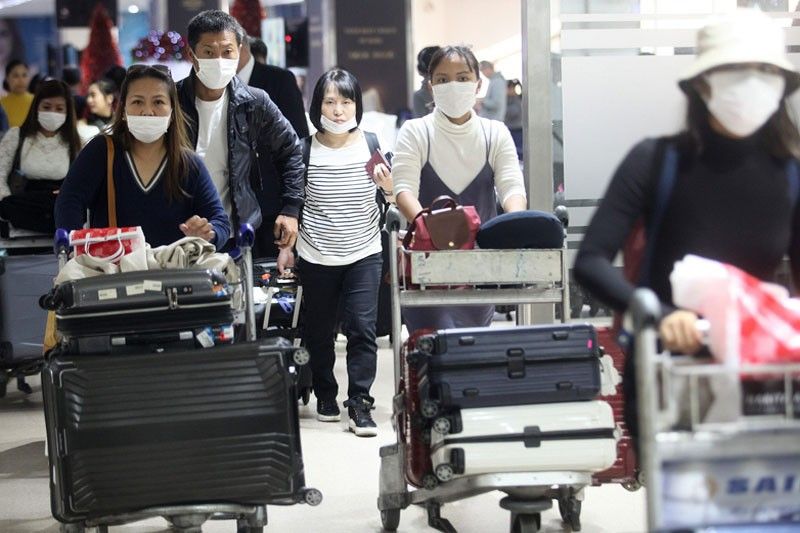Travel barriers to control COVID-19 spread likely to slash 400,000 airline jobs —IATA

MANILA, Philippines — Travel restrictions imposed to control the spread of coronavirus would cost the jobs of more than 400,000 people in the airline industry alone, highlighting the magnitude of economic impact from the disease.
The estimate is contained in the latest report of the International Air Transport Association (IATA) which warned that Asia-Pacific airlines, including local carriers, would be “fighting for survival” as the global pandemic lingers and continues to deter travelers.
“While each country will see varying impact on passenger demand, the net result is the same – their airlines are fighting for survival, they are facing a liquidity crisis, and they will need financial relief urgently to sustain their businesses through this volatile situation,” said Conrad Clifford, the organization’s regional vice-president.
In the Philippines, IATA estimated a total of $3.5 billion in revenues would be wiped out on a scenario that travel prohibitions remain in place over the next three months or until June.
Earnings would take a hit from the grounding of around 21.89 million passengers who are likely to demand ticket refunds, data showed. As revenues splutter, a total of 419,800 jobs are likely to get cut.
Over-all, the damage in the economy would be brutal, estimated to hit $3.75 trillion for the whole year, IATA said.
Despite what is appearing to be massive losses, IATA said the expected drop in passengers in the Philippines, at 36%, is still at the “lower end of the range” together with Cambodia and Vietnam which are projected to lose 34% of their flyers.
At the other end of the spectrum, Thailand, Pakistan and South Korea, countries heavily dependent on their tourism sector, would lose 40% of their passengers. Sri Lanka’s client losses would be bigger at 44%, IATA data showed.
Across the Asia-Pacific, airlines are bound to suffer an average of $88 billion in revenue losses as a result of the global pandemic.
Clifford said the magnitude of the damage to the airline industry indicates that direct financial support from the government is needed by the sector “to tide them over this period.”
“Taxes, levies, and airport and aeronautical charges for the industry should also be fully or partially waived,” Clifford said.
“It is critical that these countries still have a viable aviation sector to support the economic recovery, connect manufacturing hubs and support tourism when the COVID-19 crisis is over. They need to act now – and urgently - before it is too late,” he added.
While assistance is yet to be extended, Air Carriers Association of the Philippines, an industry group composed Philippine Airlines, Cebu Pacific Air and AirAsia Philippines, formally wrote the government last March 25 for financial aid to help keep their businesses afloat while keeping their planes grounded during the community quarantine in Luzon ending April 12.
The three carriers have separately announced the suspension of all their flights in recent weeks, while also cutting jobs. PAL let go of 300 employees in February, while 150 Cebu Pacific workers were also laid off.
- Latest
- Trending



























